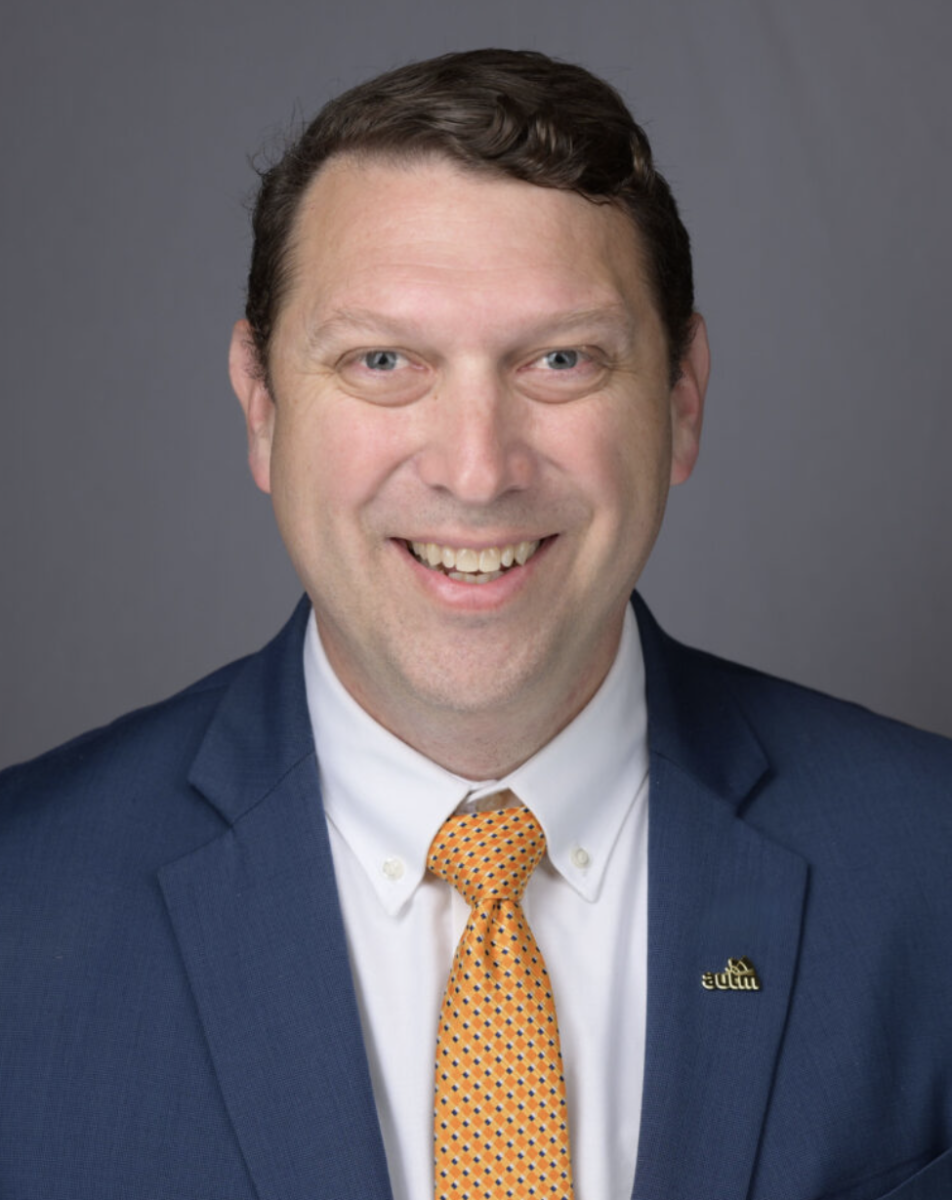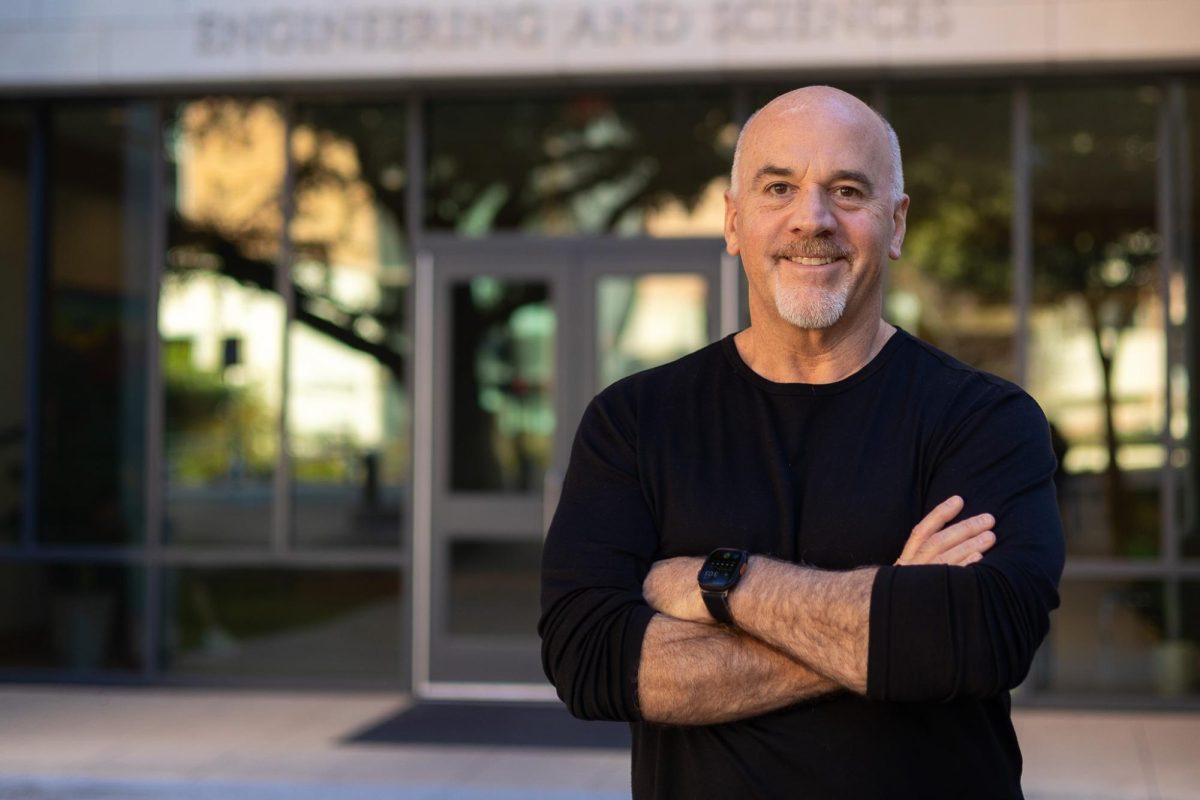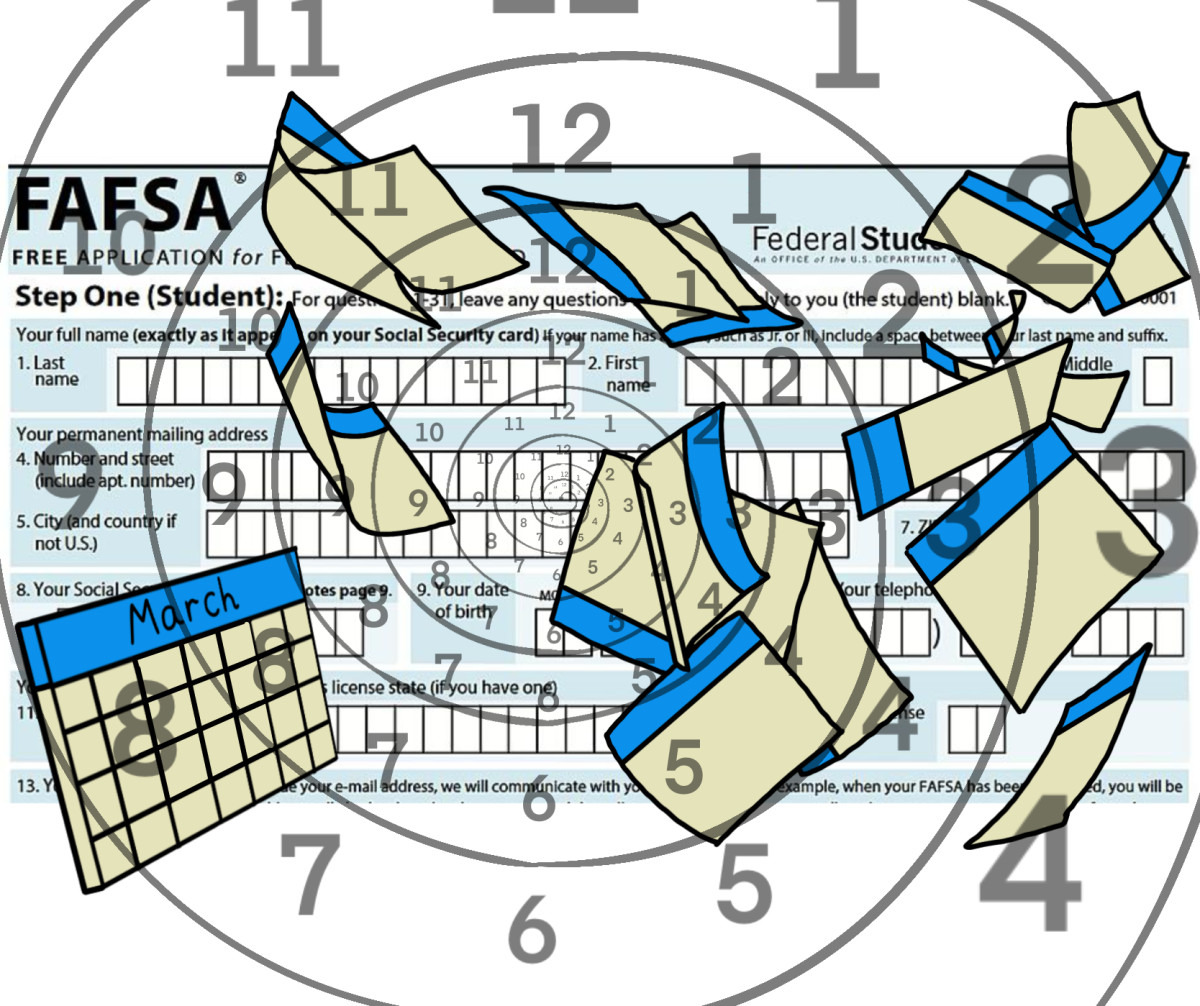Z. Jeff Chen, a professor in the Section of Molecular Cell and Developmental Biology, will head to the University of Cambridge in England on a scholarship to research and teach as a 2010 Fulbright Scholar.
Each year, the Fulbright Commission awards scholarships to academics in the U.S. and the U.K. to conduct research and teach in other countries. He will research the role of the biological molecule RNA with professor David Baulcombe at the University of Cambridge starting in January, as well as teach an class on epigenetics, or the study of inherited physical differences, to senior undergraduates.
The award, which is less likely to be given to molecular biologists, will help him further his research, he said.
“I’m looking forward to being on campus and getting the chance to further my research at a first class university like Cambridge,” he said. “These awards are typically given to people in humanities and the social sciences, but an award given in biology is much less common.”
Professor Chen’s lab just received a $3.8 million grant from the National Science Foundation to study the genetic basis of fiber and production in cotton, said Marisa Miller, a molecular biology graduate student who works under Chen.
“I’m currently investigating the molecular basis of hybrid vigor, and the link between hybrid vigor and the circadian clock,” she said about her research of hybrid plants in Chen’s lab.
Chen encourages his students to research cutting-edge techniques, such as the manipulation of genes and their interaction in cells to affect physical attributes, said Jie Lu, a molecular biology graduate student who works in Chen’s lab.
“Professor Chen is a very good mentor,” she said. “He always has insightful opinions and creative ideas, and he always encourages us.”
Chen provides his students with motivation to explore in the field of molecular biology, and has been an influential mentor to the graduate students who work for him, she said.
“Professor Chen always encourages us to explore the new and the unknown which could be potentially meaningful to our field,” she said.




















